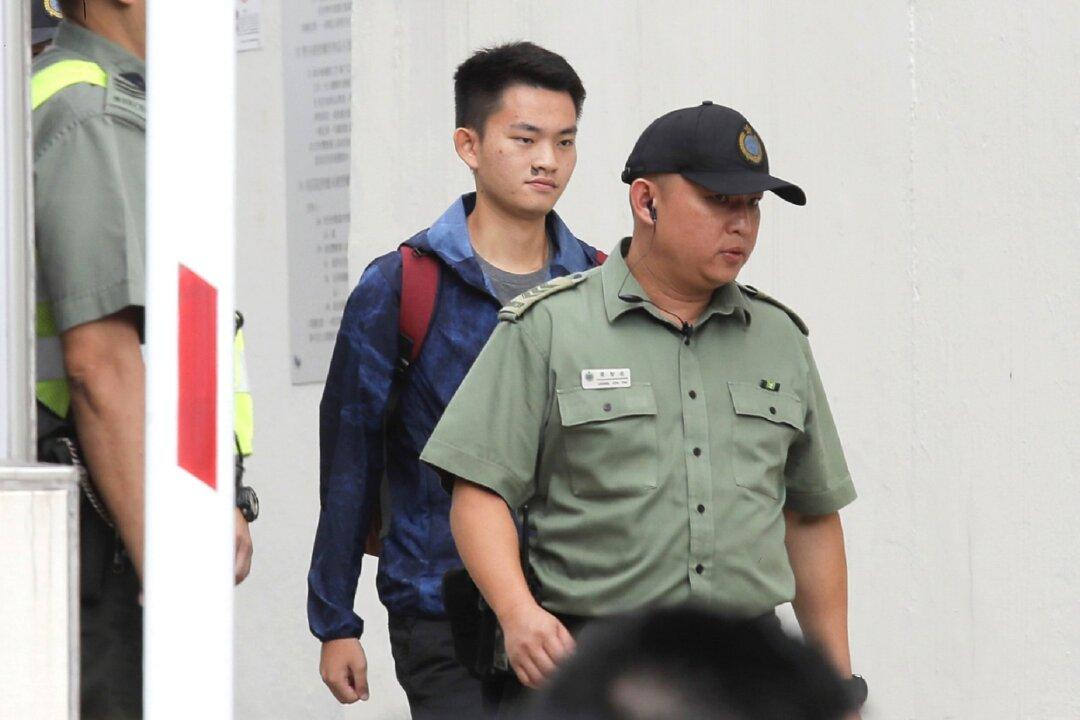The Hong Kong government on Oct. 23 refused Taiwan’s offer to escort murder suspect Chan Tong-kai to the island to face prosecution.
This is the latest in an ongoing dispute between Hong Kong and Taiwan authorities over the murder case that became the Hong Kong government’s impetus for introducing a controversial extradition bill, which has triggered ongoing mass protests since June.





